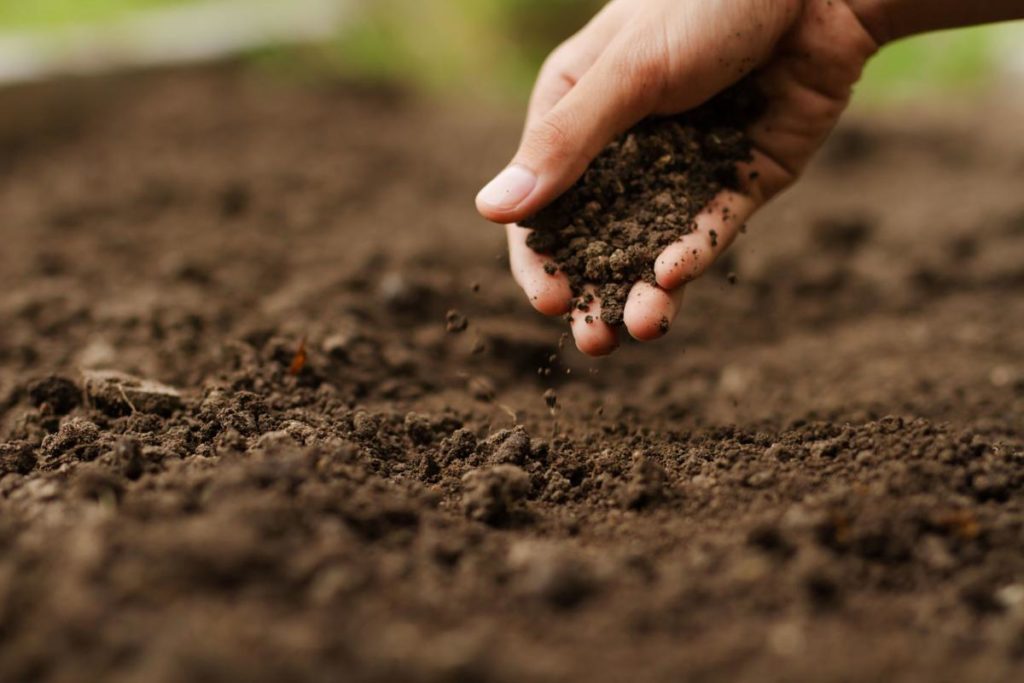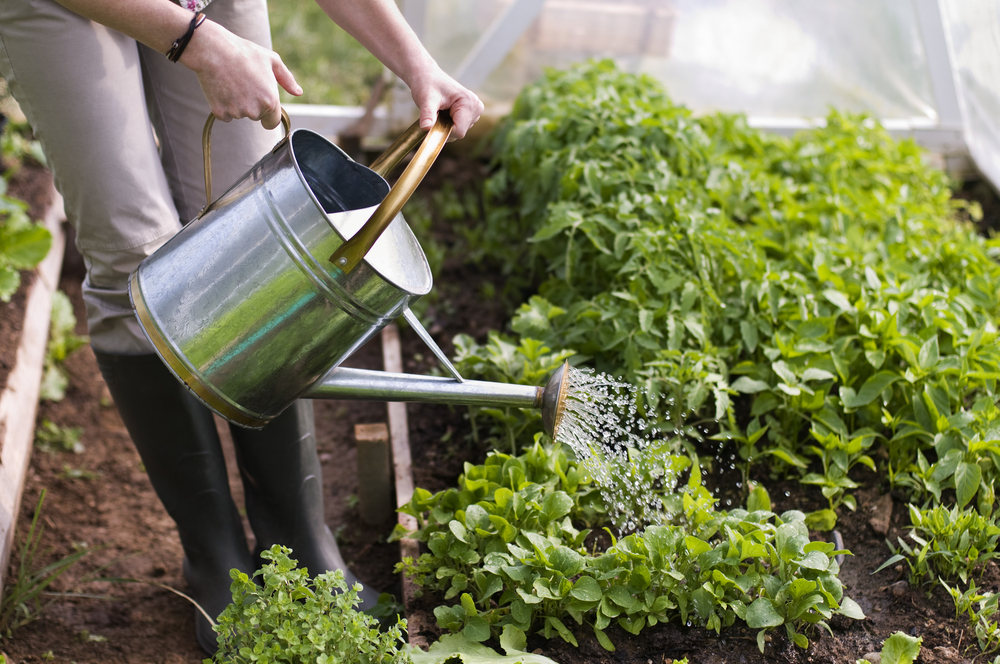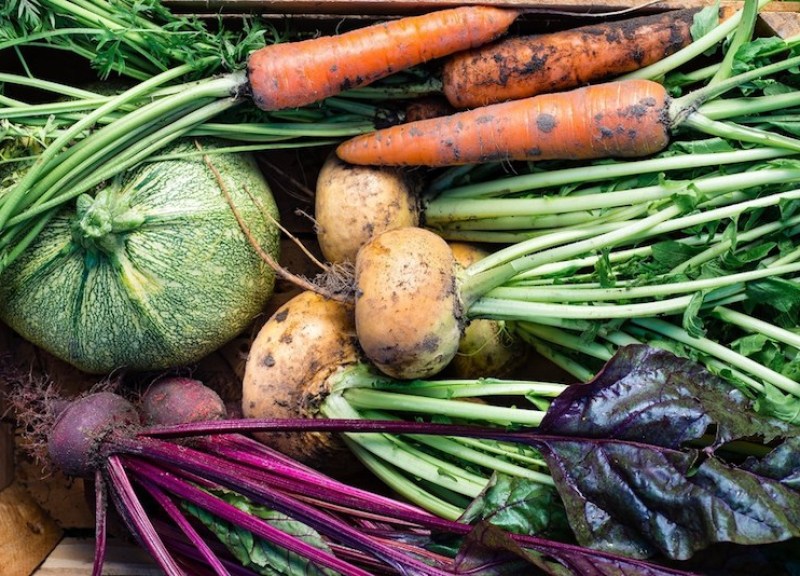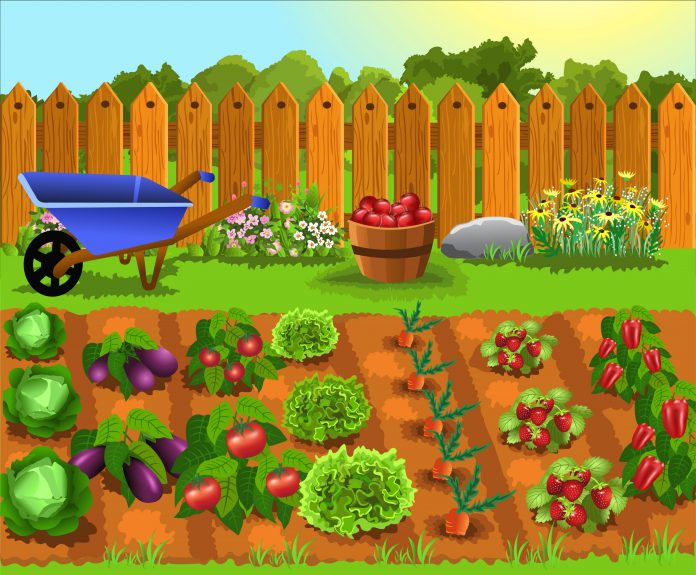With so many harmful chemicals added to our food by commercial growers, it may be time to start growing your own vegetables. Alongside increasing your health, homegrown vegetables have a lot more flavor. They are also readily available, hence having you avoid frequent trips to the supermarket.
Getting prepared

Getting an early start is a good idea, however that depends on weather conditions. Some vegetables will need to be planted in the early season, mid-season, or late season. Make a list of your preferred vegetables and plan your beds accordingly. If you do not have seeds from a previous harvest already, start gathering some. Your local co-op is a great place for getting organic seeds.
Planning out the placement within garden beds will help utilization your space and ensure the best results. Most fast-growing vegetables such as cucumber and peas require between 6 to 8 hours of sunlight. You can plant them between rows of slower-growing plants like corn. This ensures they won’t get shaded in before you can harvest.
Don’t forget to water

During drier periods, it is important to provide your vegetables with extra water. On average, most vegetables benefit from an inch of water per week. Add an extra 1/2 inch or double depending on the temperature.
Plants need enough water, especially during vegetable production. Slow growth, plant damage, or decrease in production are a few telltale signs that your plant may not be getting enough water. Likewise, overwatering your plants can also do just as much damage. Therefore it is important to monitor and make adjustments according to your particular situation.
Protecting your crop

Insects and other pests can become very problematic during the growing season. Be on the lookout for any early signs of infestation, so you can get it under control. They are many natural products available for purchase or homemade recipes online. Avoid using chemicals at all costs, especially if you plan on composting or re-using seeds for the following season. Remember organic gardening is not only good for your health, but also for the environment.
Aside from pests, other wildlife such as rabbits, dogs, and deers will set their eyes on your yummy-looking vegetables. As a precautionary step be sure to surround your garden with some sort of barrier. Building a temporary fence can be inexpensive, especially if using existing materials.
Fences as barrier
Though it may be more beneficial to build a permanent fence, epically if you plan on using the same gardening space long term. A fence can also serve as a support for climbing vegetables for example peas, melons, cucumbers.
Natural barrier
Lavender, garlic, and roses are a few natural deterrents for stray animals. Incorporating these and similar plants in your gardening space may serve as an alternative.
Conclusion
Having a vegetable garden can be one of the most rewarding experiences. Taking the extra steps to care for and maintain your vegetable garden is the only way of insuring generous a return.

